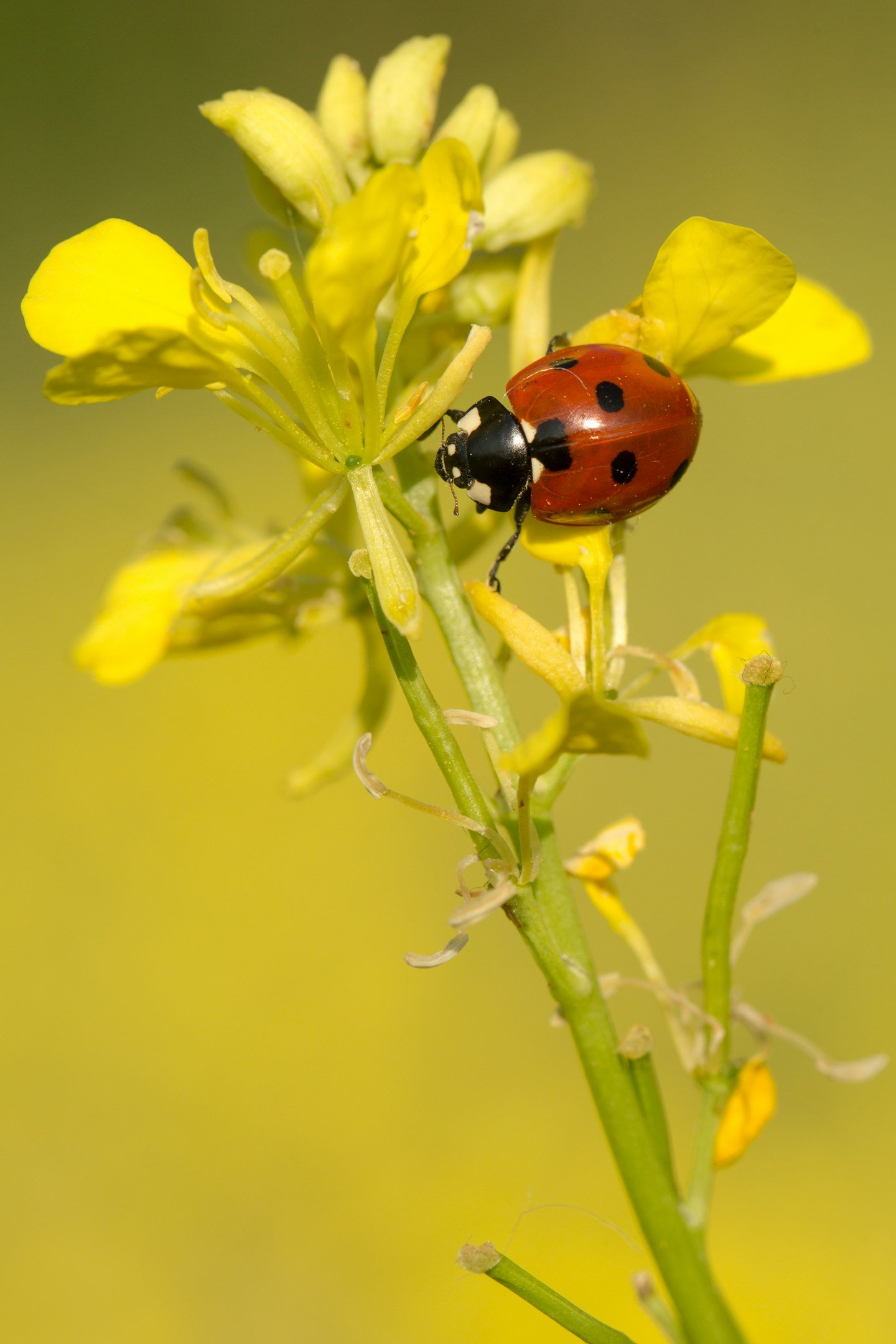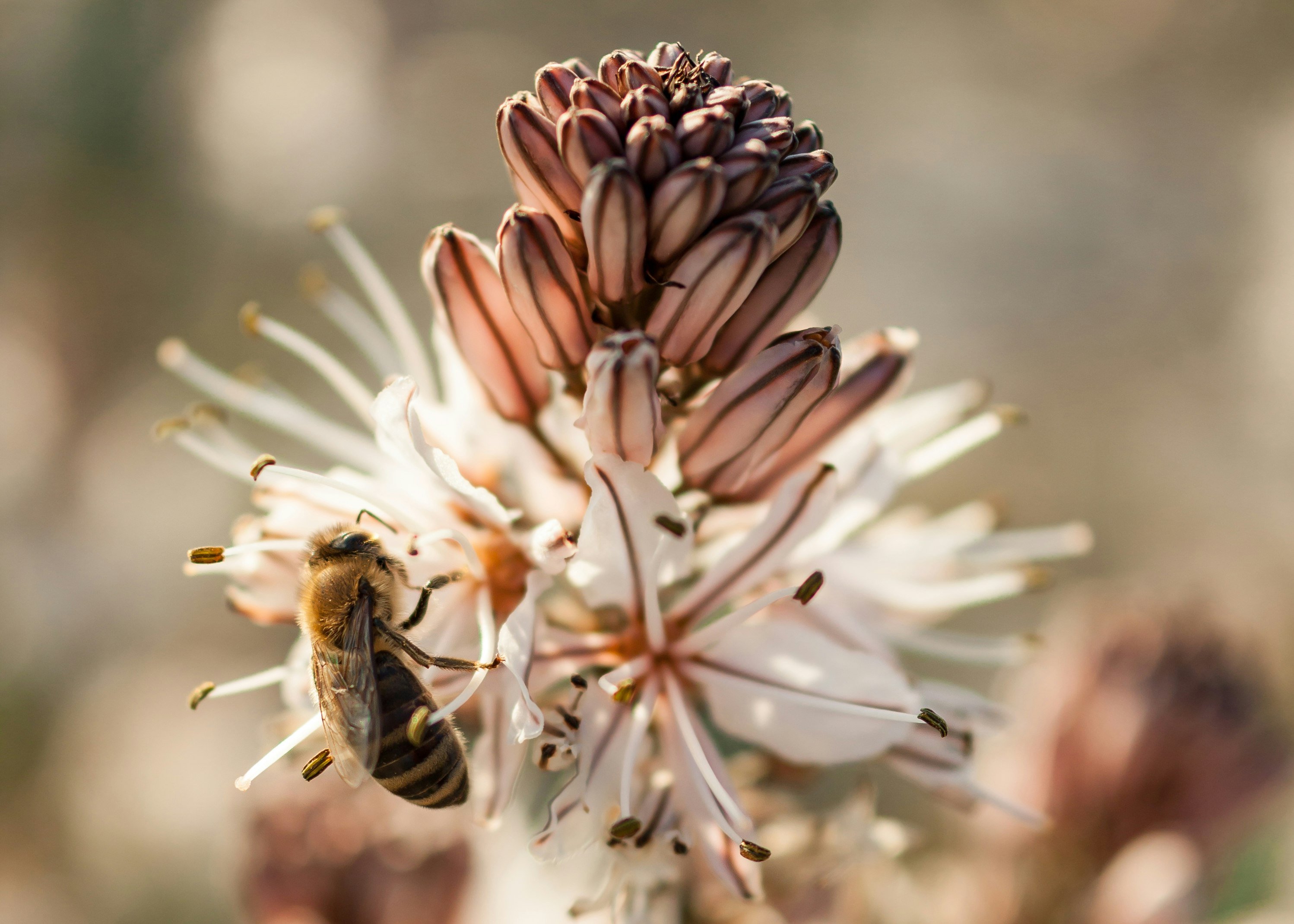Build A Beneficial Bug Haven in your garden!
Having beneficial bug host plants in your garden is essential for creating a healthy, balanced ecosystem. These plants attract and support insects like ladybugs, lacewings, and parasitic wasps that naturally control garden pests such as aphids, thrips, mites & more. By providing food, shelter, and breeding grounds for these helpful bugs, you reduce the need for chemical pesticides, which can harm pollinators and degrade soil health. Host plants also increase biodiversity, making your garden more resilient to disease and environmental stress.

Host plants your beneficial insect friends will use for shelter, nectar, and other sources of sustenance to thrive in your garden environment:
- Agastache
- Alyssum
- Basil
- Calendula
- Chamomile
- Chives
- Cilantro
- Cosmos
- Dandelions
- Dill
- Fennel
- Lemon Balm
- Lupine
- Marigolds
- Mint
- Milkweed
- Nasturtiums
- Parsley
- Penstemon
- Salvia
- Sunflowers
- Yarrow
These plants provide not only shelter but pollen and nectar for the adult beneficial bugs such as lady bugs, lacewings and parasitic wasps

Additional Tips & Tricks to keep the beneficial insects in your garden:
- Try to avoid pesticides and harsh chemicals and if pesticides are necessary use them either early in the morning and at dusk when pollinators and beneficial bugs are less active.
- Provide shelter by leaving small brush piles or logs in your yard and use mulch for ground beetles and spiders. You can also install bug hotels in your garden for solitary bees, ladybugs, lacewings and more. Leaving areas of your yard a little wild will provide shelter and food sources, encouraging beneficial insects to thrive.
- Provide a water source such as a small dish with pebbles or a birdbath with a sloped edge.

